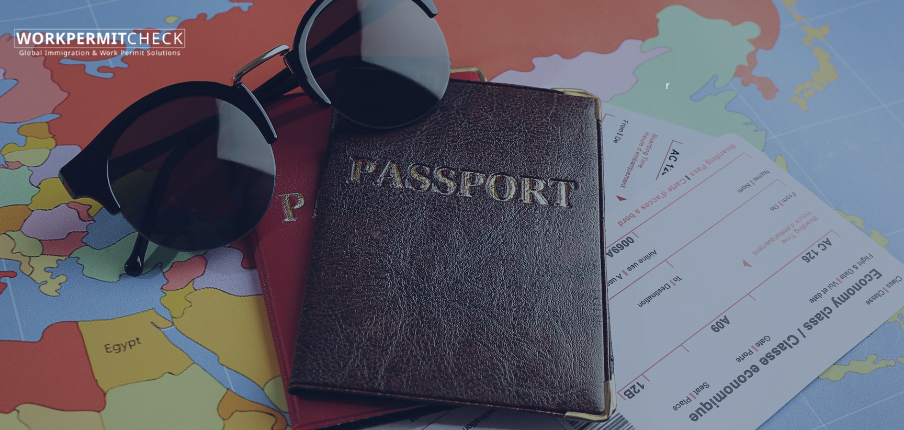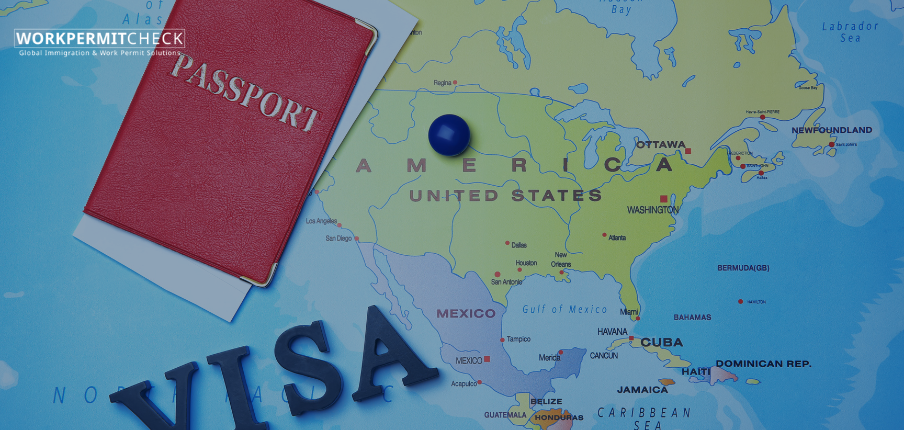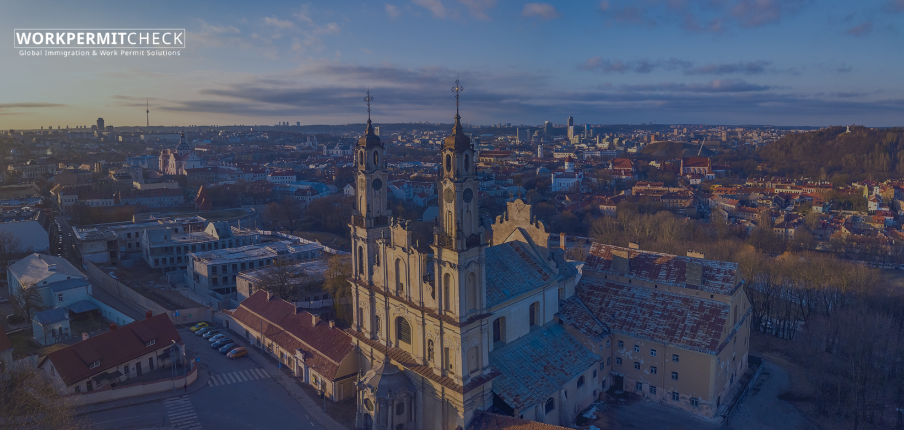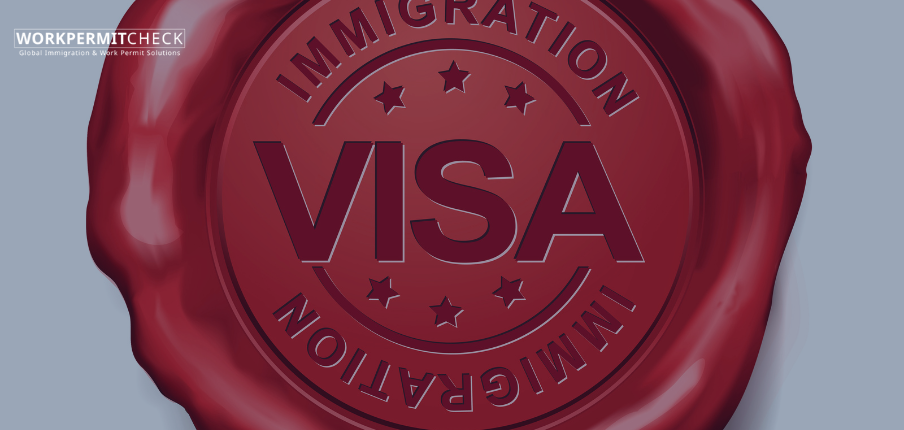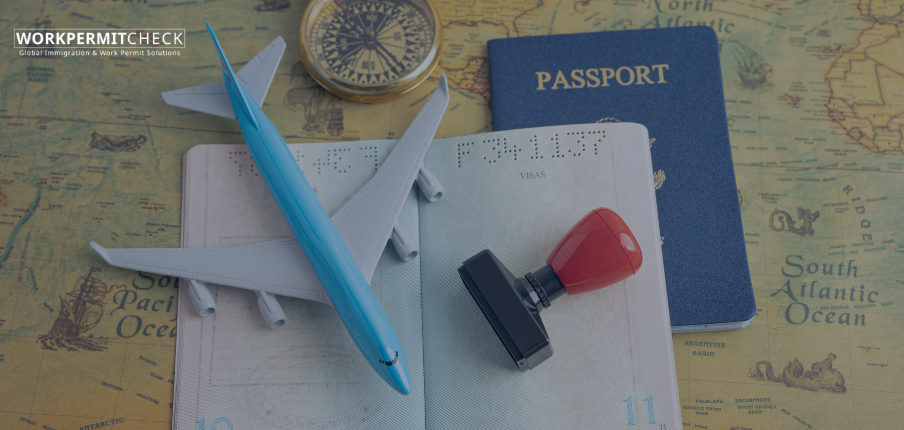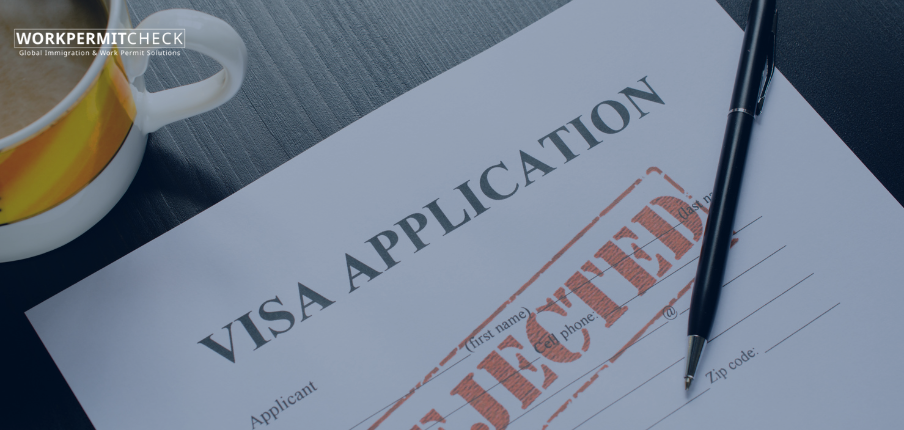A work visa is essential for any foreign national employed in Russia. It defines the legal period of stay and work authorization in the country. If your Russian work visa expires while you are still in Russia, there can be serious legal and administrative consequences. This blog post outlines what happens when a Russian work visa expires and what steps you should take to avoid violations.
Understanding the Validity of a Russian Work Visa
A Russian work visa is generally issued for the duration of your employment contract, typically ranging from 90 days to 3 years, depending on the visa type. It may be:
-
Single-entry or multiple-entry
-
Tied to a specific employer and location
-
Based on a standard work permit or Highly Qualified Specialist (HQS) status
It is the responsibility of the foreign national—and their sponsoring employer—to track the expiration date and begin the extension or renewal process well in advance.
Consequences of an Expired Russian Work Visa
1. Loss of Legal Status
Once your visa expires, you are no longer legally authorized to remain or work in Russia. You are considered an overstayer, which can lead to immediate legal issues.
2. Fines and Administrative Penalties
Overstaying a visa in Russia can result in:
-
Fines ranging from RUB 2,000 to RUB 7,000 depending on the region
-
Possible deportation
-
Entry bans ranging from 3 to 10 years, depending on the length of the overstay and the decision of the migration authorities
3. Loss of Employment
With an expired visa, your employment is considered unauthorized under Russian labor law. Your employer is legally required to terminate your contract.
4. Difficulty Re-entering Russia
An expired visa and any associated penalties may affect your chances of obtaining future visas to Russia. This is especially critical if you work in a regulated industry or need to travel frequently.
What to Do If Your Work Visa Is Close to Expiring
To avoid penalties or legal complications, it is crucial to act proactively:
1. Check Eligibility for Extension
Depending on your visa category:
-
Standard work visa holders must usually exit and reapply unless the employer arranges for a renewal.
-
HQS visa holders may apply for an extension inside Russia if their employment contract is extended.
2. Apply in Advance
Start the extension or renewal process at least 30 days before expiry. This gives enough time for:
-
Document preparation
-
Employer and government approvals
-
Visa processing and reissuance
3. Notify the Authorities
If delays occur due to valid reasons (such as illness or emergency), inform the Federal Migration Service (FMS) immediately. In rare cases, they may allow a temporary extension.
If Your Visa Has Already Expired
If your visa has expired:
-
Do not attempt to overstay further.
-
Contact your employer and the local FMS office immediately.
-
Prepare for voluntary departure to avoid further penalties.
In some cases, voluntary departure within a short grace period can help avoid a long-term entry ban.
Preventive Tips
-
Always keep copies of your visa, registration, and employment contract.
-
Use calendar reminders or mobile apps to track visa deadlines.
-
Maintain open communication with your employer's HR department or legal team.
Conclusion
Letting your Russian work visa expire can lead to severe legal and personal consequences, including fines, deportation, and long-term bans. Timely action, proper documentation, and employer coordination are essential to maintaining legal status in Russia. Foreign workers are advised to begin the renewal process well ahead of expiration to stay compliant with Russian immigration laws.
Disclaimer:
This article is intended for informational purposes only and does not constitute legal advice. Russian immigration laws and regulations are subject to change. For specific cases and the most accurate guidance, consult the Russian migration authorities or a licensed immigration consultant.


